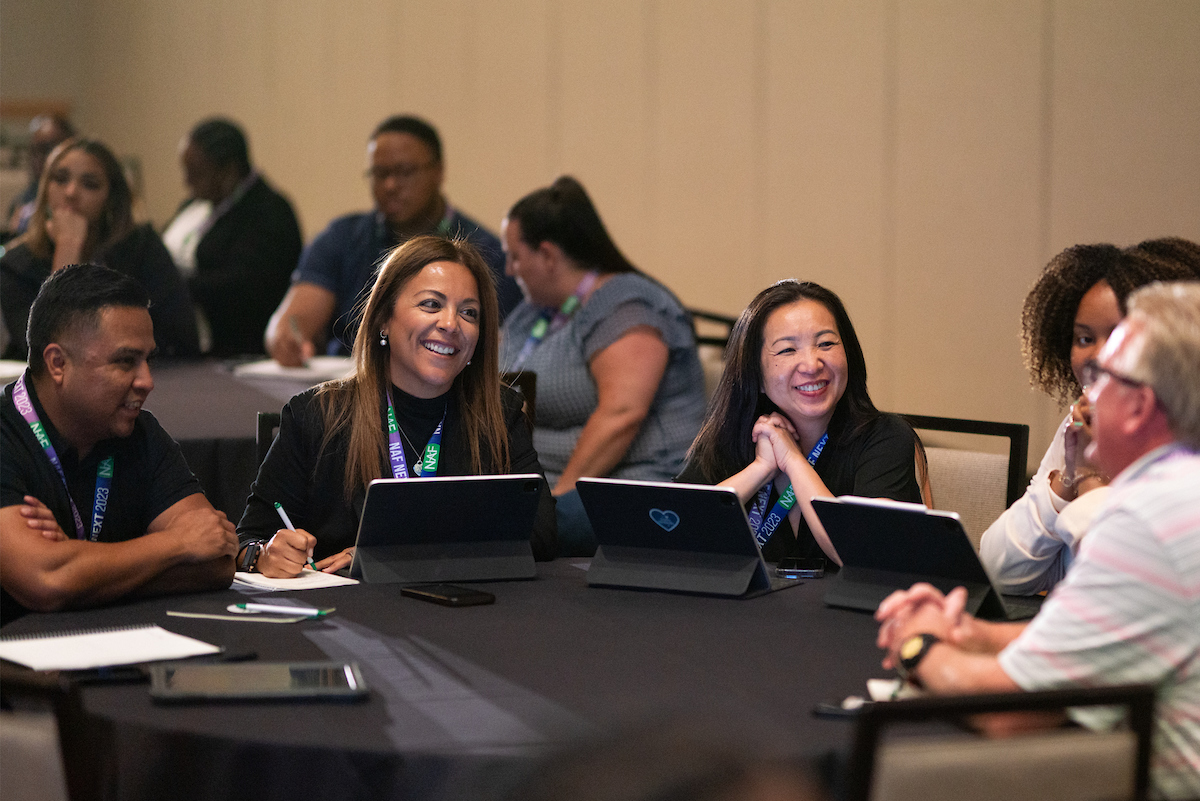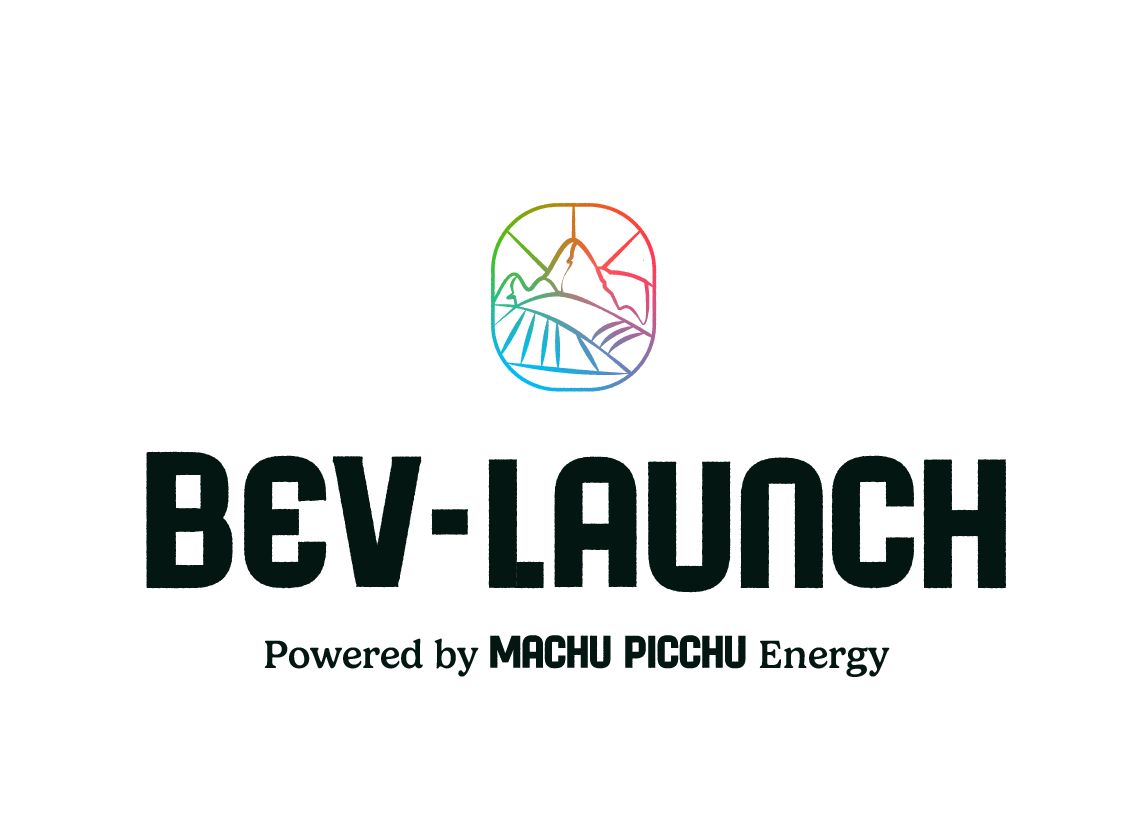The Importance of Allyship to Diversity, Equity, Inclusion, and Access
One message was made abundantly clear to me growing up: Being gay is bad.
Friends, teachers, coaches, religious leaders, and even family members, reinforced that message over and over and over again — sometimes unintentionally, sometimes quite directly.
I was in college and working my first office job when I finally saw queerness embraced and celebrated. It was the first time I realized you could be a senior business executive AND openly gay, supported by straight coworkers and diverse clients and business partners. Through school and work experiences, I began to understand that being gay could mean a life of celebration, love, joy, and belonging.
At 23, I finally felt confident enough to come out and, at 28, I met and started dating the man I now call my husband.

Then, voters in my home state of California passed Proposition 8, a ban on gay marriage.
So much personal progress, and then the same message again – being gay is bad – this time amplified by more than 7 million California voters.
The story of LGBTQ+ rights in America is often told as one of incredible progress. In some ways, that narrative is true. I am grateful that today, my marriage is required to be recognized by every state in the country, and that more Americans support my right to marriage than oppose it.
This progress is absolutely a story of courageous members of the LGBTQA+ community speaking truth to power, and it is also a story of incredible allies – people who are not from our community, but who see our community and work to create a sense of safety and belonging – who refused to let their children, friends, co-workers, neighbors, students – the people they loved – be erased. Allies helped me find the courage to come out and to stay alive, and allies continue to help me live and thrive to this day.
Despite this progress, however, the LGBTQA+ community is increasingly under attack. The message yet again is abundantly clear: it is not safe or acceptable to identify as lesbian, gay, bisexual, transgender or non-binary, queer, or to even question or explore your gender or sexual identity. In 2023 alone, a record number of anti-LGBTQ+ bills were introduced and signed into law throughout the country, targeting issues ranging from education to healthcare access to employment and discrimination protections. The challenge is particularly acute for those who identify as transgender or non-binary.
One of the principles of NAF’s new outcomes-driven work-based learning approach is connection, because NAF recognizes that students need connection to thrive in their lives, education, and careers. Every member of the diverse, nationwide NAF network has the opportunity to help a young person know they belong – they belong in my classroom, at my school, at my company, in our community, and this world.
As a young man, I’m sure there were others in my community who were okay with me being gay. But I didn’t know that, or hear that, or see that. That was not the message I received. It was only when I experienced the impact allyship had on others that I thought my life could have worth, and that I could belong.
Allyship is critical for the LGBTQA+ community, especially for the next generation of leaders. Research continues to underscore that feeling safe and welcome in a community is literally the difference between life or death for LGBTQA+ youth.
At NAF we are working to create a better sense of inclusion and belonging within our organization. I’m grateful that as my employer, NAF supported my efforts to co-found the first LGBTQA+ employee resource group, the Pride Alliance, and published this article in honor of LGBTQ+ Pride month.
As Pride month comes to a close, I am reminded of three critical issues I want to underscore:
- It’s essential for LGBTQA+ youth to know their schools and employers care about them every month of the year, not just in June. The work continues every day of the year.
- Just as I benefitted from the allyship of others, I have work to do to support, amplify, and advocate for those who do not benefit from the privileges I have as a white, cis-gender man. I honor my colleagues who have worked to create more inclusive spaces at NAF’s other employee resource group supporting women of color. We all have important work to do in support of each other.
- Social progress – social justice – takes time. At times it can feel like for every few steps forward there are just as many steps back. But as Dr. Martin Luther King, Jr. said, “The arc of the moral universe is long, but it bends toward justice.” I believe that’s true, and that as long as there are allies in the work, it does get better.





